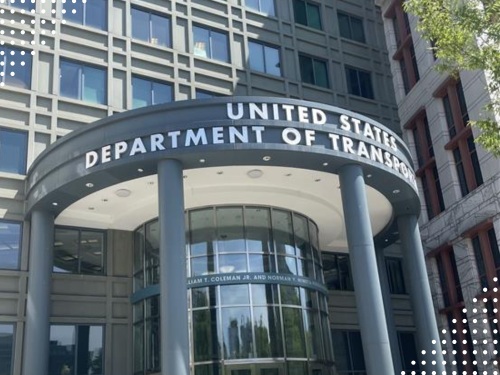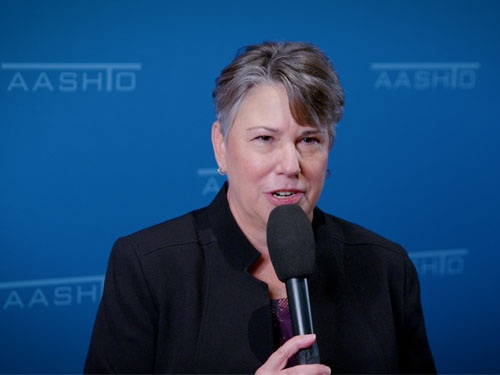President Trump signed a Senate and House of Representatives approved-measure on Dec. 7 that provides a temporary two-week government funding extension.
[Above photo by Maria Pagan.]
According to RollCall, that legislation extends current funding levels until Dec. 21, buying time to reach final agreement on outstanding spending issues, including President Donald Trump’s request for $5 billion to build a wall along the U.S. southern border. It also extends a number of expiring authorizations including Violence Against Women Act programs, Temporary Assistance for Needy Families and the National Flood Insurance Program for the duration of the stopgap measure.
That also allows more time for negotiations to continue over the seven remaining fiscal 2019 spending bills yet to be passed for: Agriculture, Commerce-Justice-Science, Financial Services, Homeland Security, Interior-Environment, State-Foreign Operations and Transportation-Housing and Urban Development or THUD.

Passage of the THUD bill –originally delayed back on Sept. 26 – provides $71.4 billion in discretionary spending for the U.S. Department of Transportation and U.S. Department of Housing and Urban Development, along with other related agencies, which is $1.1 billion above fiscal year 2018 enacted levels.
It also provides $49.3 billion for critical highway infrastructure, an increase of $3.3 billion above the Fixing America’s Surface Transportation or FAST Act’s authorized levels, with $800 million of that increase targeted to bridges in rural areas.
The policy team at the American Association of State Highway and Transportation Officials noted, however, that those two funding increases will be unable to go into effect without passage of the full fiscal year 2019 bill: the first being the increase in obligation limitation for highways from $44.234 billion in 2018 to $45.269 billion in 2019 and the second the $3.3 billion in additional funding for highways being transferred from the federal government’s general fund.
 Top Stories
Top Stories
USDOT Makes $1.5B Worth of BUILD Grants Available
December 19, 2025 Top Stories
Top Stories

